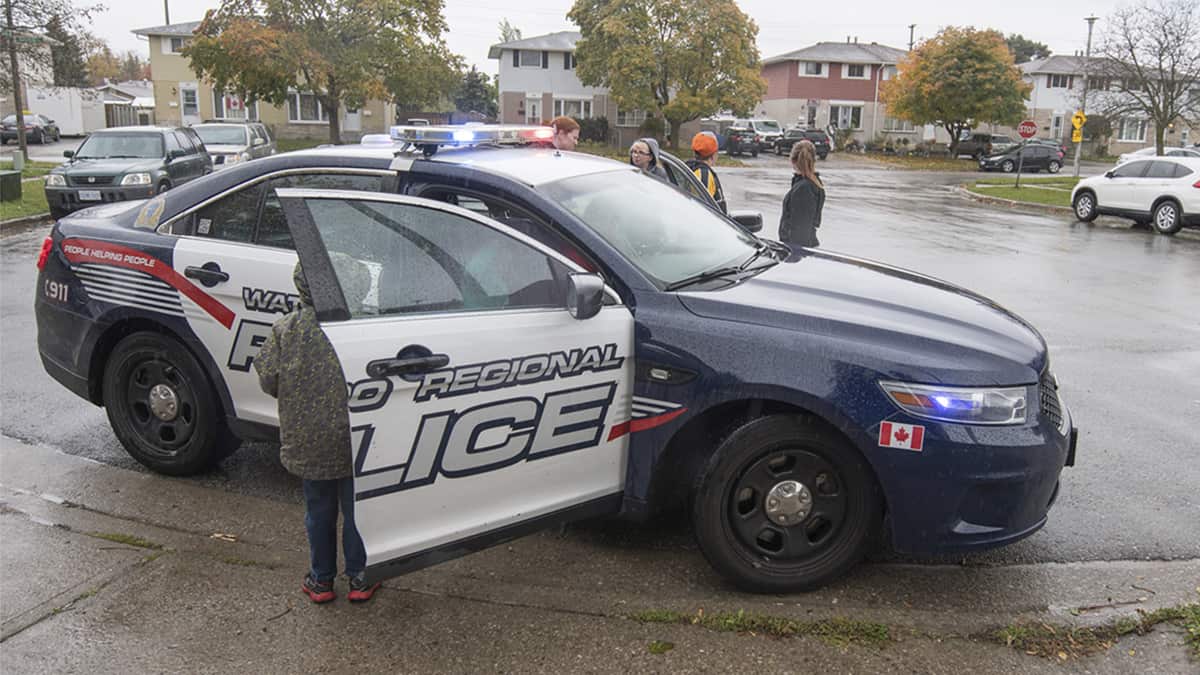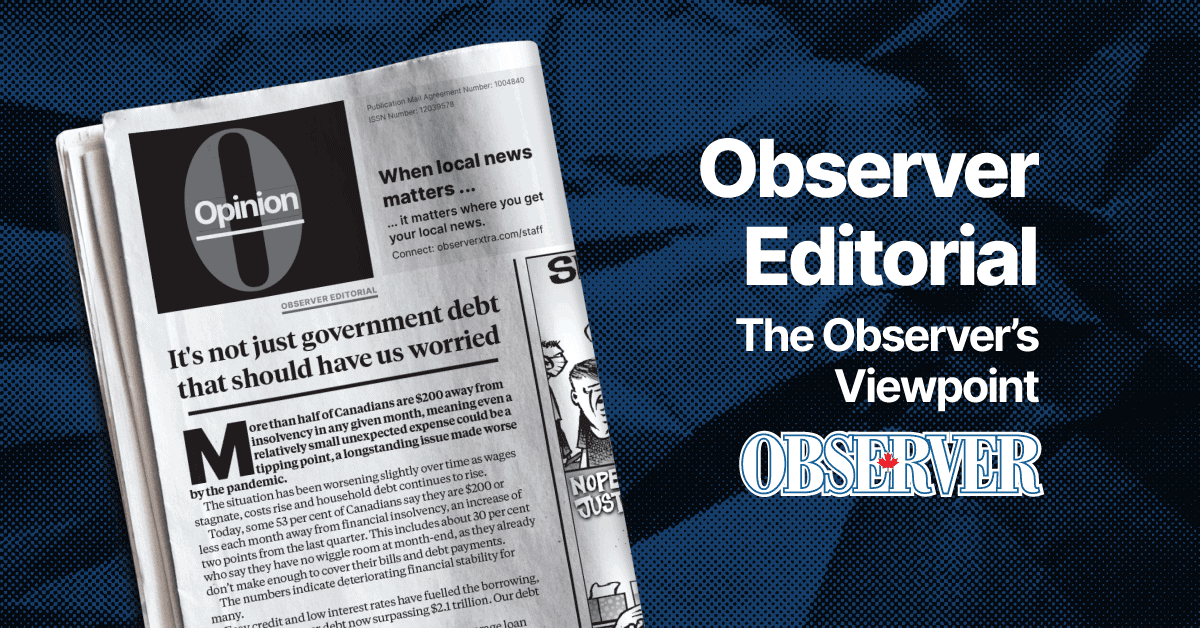;
;
;
Next Article
Waterloo Regional Police encouraging rural residents to lock their vehicles, garages and sheds

Special budget meetings are a mainstay in Woolwich – the process is ongoing, with a final session set for tonight (Thursday). Also a mainstay? Much higher spending, tax increases and little scrutiny of the numbers rolled out by staff. While there’s been some tweaking at the margins, there’s been no
Last updated on May 03, 23
Posted on Jan 20, 22
3 min read
